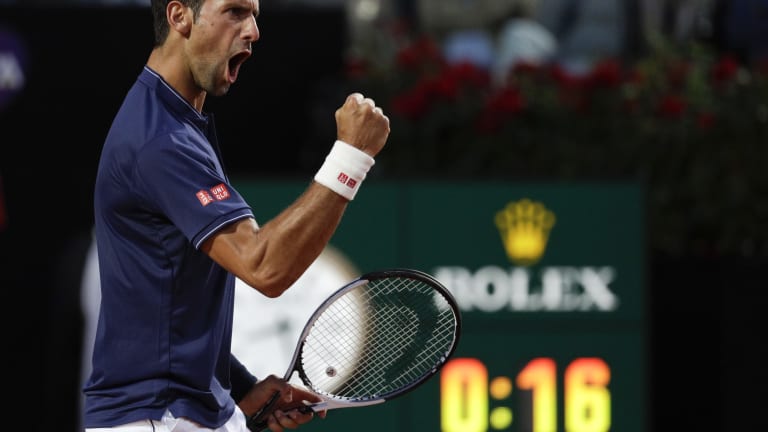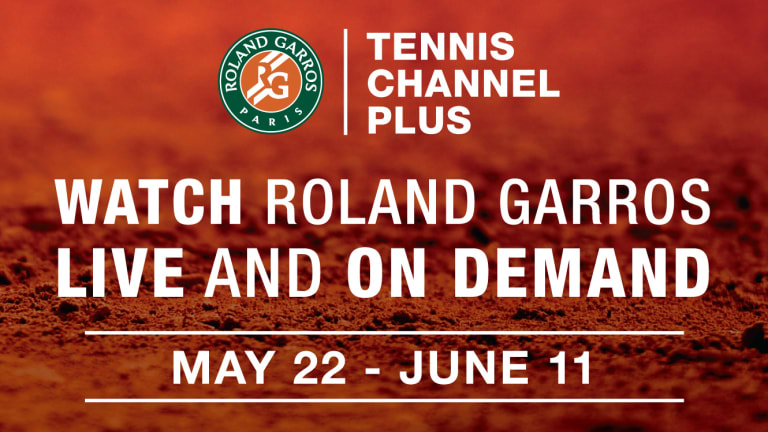The second installment of our 30-Love series contemplates the future of another May-birthday baseliner, Novak Djokovic. We began with an examination of Andy Murray, 30 years after he was born.
These are trying times for Novak Djokovic, not exactly what he might have anticipated when he turned 29 a year ago today and started down the road to his watershed 30th birthday. It’s all the more reason for him to welcome—and ponder—the seismic shift that has taken place in tennis longevity.
It wasn’t so long ago that 30, traditionally a landmark year that spooked youth, was especially tough on athletes. Tennis players usually thought of it as the beginning of the end, at least in terms of peak performance. But lately, 30 in tennis looks more like the end of the beginning.
True, it’s unimaginable that Djokovic, or any other player, will ever accumulate more Grand Slam titles after turning 30 than before. But it’s also true that the Grand Slam titles accumulated at that stage of a player’s life provide lot more bang for the buck. They can be the most satisfying Grand Slam titles of them all.
Case in point: Pete Sampras, who launched the revision of the mens’ Grand Slam singles title record book, ignored the yellow light represented by his 30th birthday. He suffered through two full years of doubts and criticism, then won his 14th Grand Slam title at the 2002 U.S. Open.
“I could have walked away from the game at 29 feeling great about what I’d accomplished,” Sampras told me, years later, while we collaborated on his autobiography. “But I just had this nagging feeling. I had something left. I wanted one more. I had trouble making it happen and the critics were on me during that dry spell.
“In the end it made it even more satisfying.”
More recently, 35-year old Roger Federer’s stunning win over fellow 30-plus icon, Rafael Nadal, at the Australian Open will go down as one of the most rewarding of his (thus far) 18 majors. Why? Because champions have a thing about naysayers. Federer hadn’t won a major since 2012. Some thought he was finished with 17.
“I can’t compare this to any other one, except maybe the French Open in ’09,” Federer said after he won in February, referring to his only win at Roland Garros. “Emotions poured out of me (in Melbourne). I was incredibly happy. You don’t know if they ever come back, these moments.”

